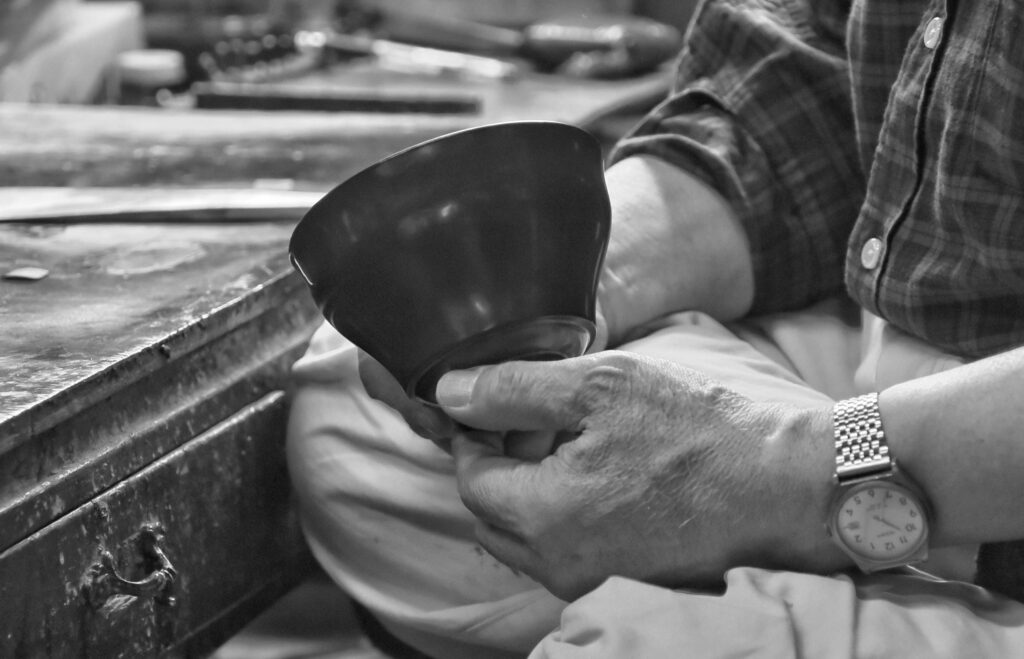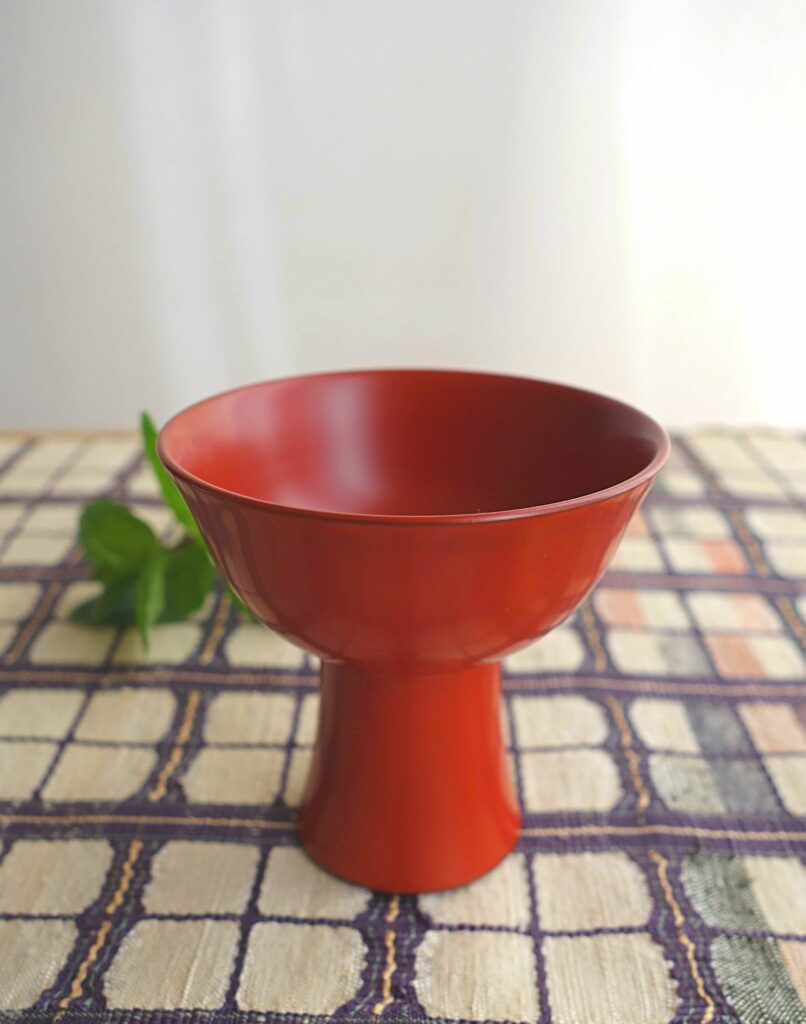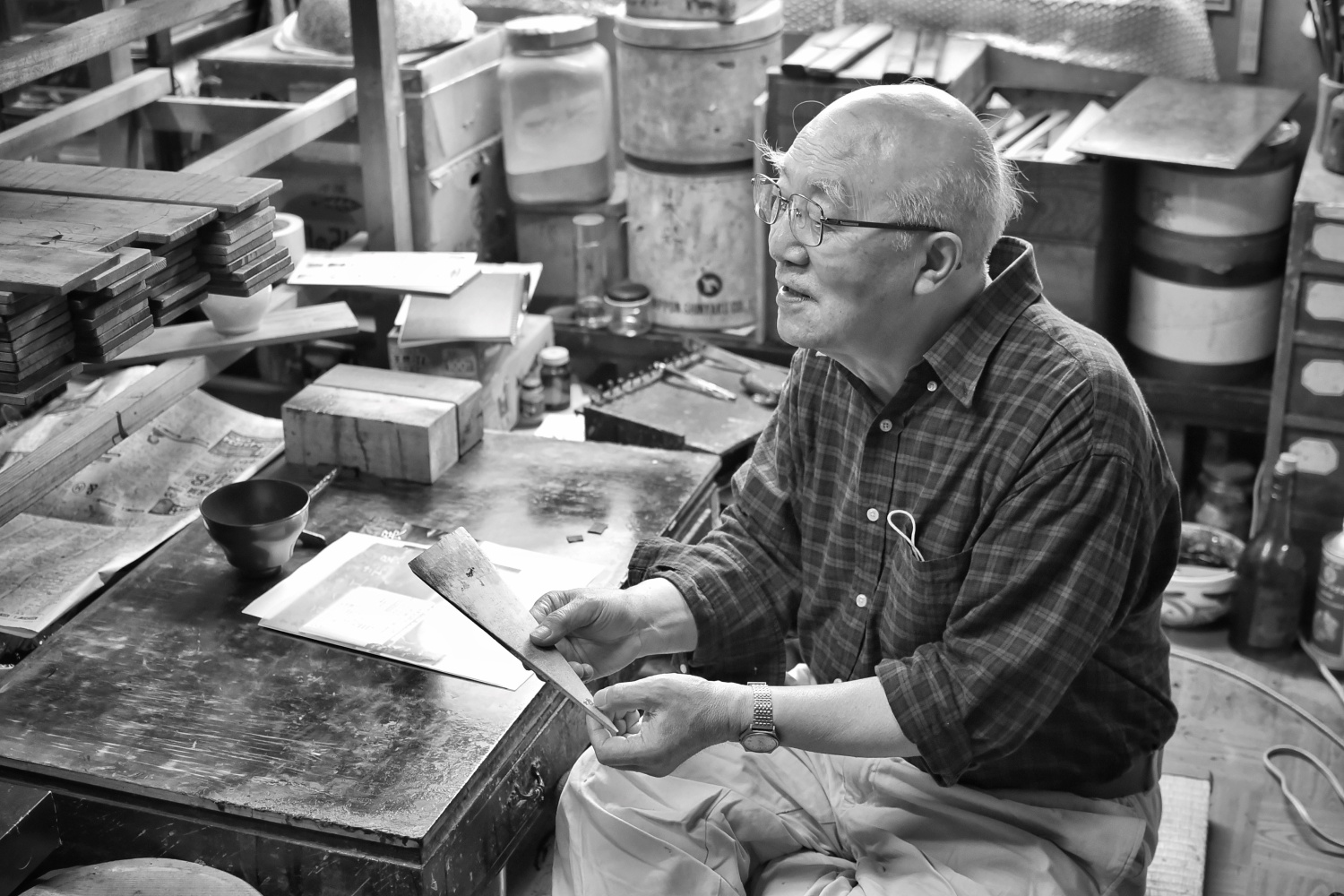Tapping Into Your Resourcefulness
I hear about “being resourceful” all the time, but honestly, I never knew what that meant for me until I was really pushed.
It was when I decided to venture into this Wisdom Toolkit project. I decided to spend all that I had in my bank account on building the brand and website. While I was pouring all my energy into this project, I also had to find a way to finance my life until it started going… if it ever would.
Out of necessity, I had to tap into my resourcefulness. And I never realised I had that much with me. From work connections to previous experiences to things I own that I could sell. It’s as if I was given a brand-new pair of glasses.
In theory, I’m seeing the same world but the reality I’m extracting from it is completely different. It might not increase the number in my bank account straight away, but it gave me a sense of security and assurance. My reality became richer with the new pair of glasses.
This story is about living and looking at one’s life from the angle of resourcefulness. The more we pay attention to it, the more resourceful our life becomes.

Senro Sato was a late starter.
He joined master Goto’s urushi lacquerware studio at the age of 22. There, he worked with his senior AND younger apprentices who have been working in the studio since they were 14. He was the last one to join and, therefore, the most mundane, tedious chores were always on him.
Floor swabbing was a part of his morning routine before breakfast. “We used old face towels as floor wipes. I would pick up 10 of them hanging on the wall; 5 for my master and 5 for me. After wringing them out tightly, I’d start wiping from the ground floor, and the master from upstairs. It was usually in the stair landing that we met head to head. I’d collect all of the towels and off to the sink.”
One day, after the usual routine, when Senro was about to leave for the sink, his master asked, “How is the humidity today?”
Urushi requires certain moisture in the air to solidify, hence humidity is a very important and unique aspect of urushiware making.
“I will go check the hydrometer,” he immediately replied.
“Stupid!” was his master’s answer.
“You should know the answer right now if you paid attention. See the trail of your floor wipe? Does the floor stay wet or dry up quickly? If you wrung the towels and wiped the floor in the same manner every morning, you should be able to tell the difference and know the humidity of the day. Don’t waste your time running for the meter.”
“Everything leads to work” was the words of the master, which Senro took to his heart. He observed. He paid attention to every little detail.
I personally believe that’s how he came out of his apprenticeship in just over 4 years instead of 10, which is expected of a regular apprenticeship.
It is a way of tapping into your own resourcefulness. When you realise everything leads to your work or bettering your work, everything is an opportunity.

See works of Senro Sato
Profile photo courtesy of Sayaka Takizawa

0 Comments